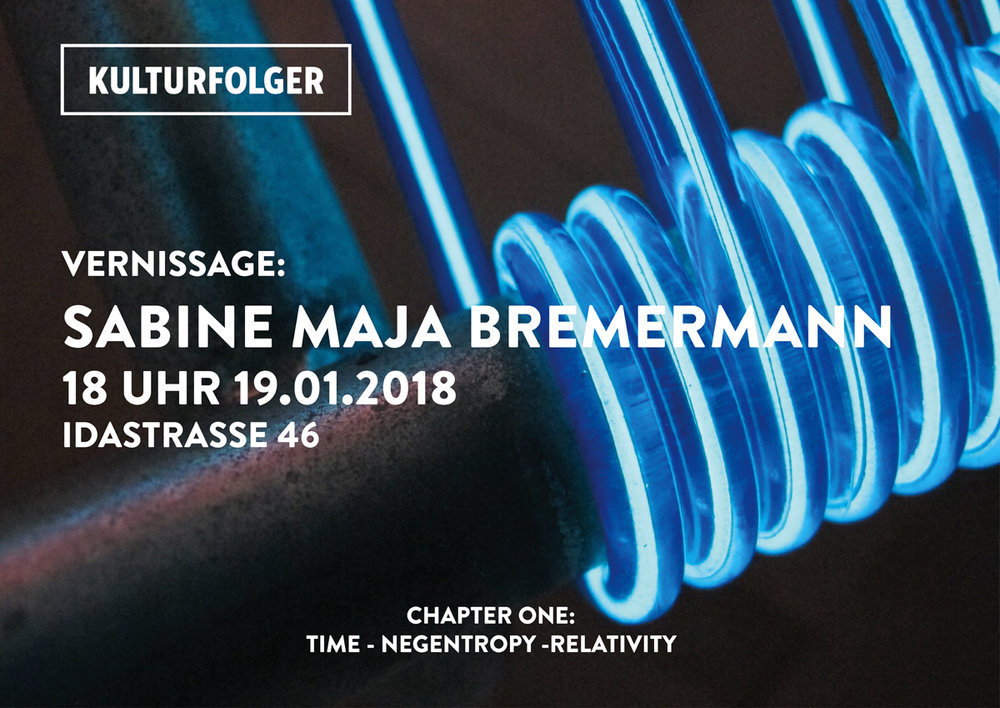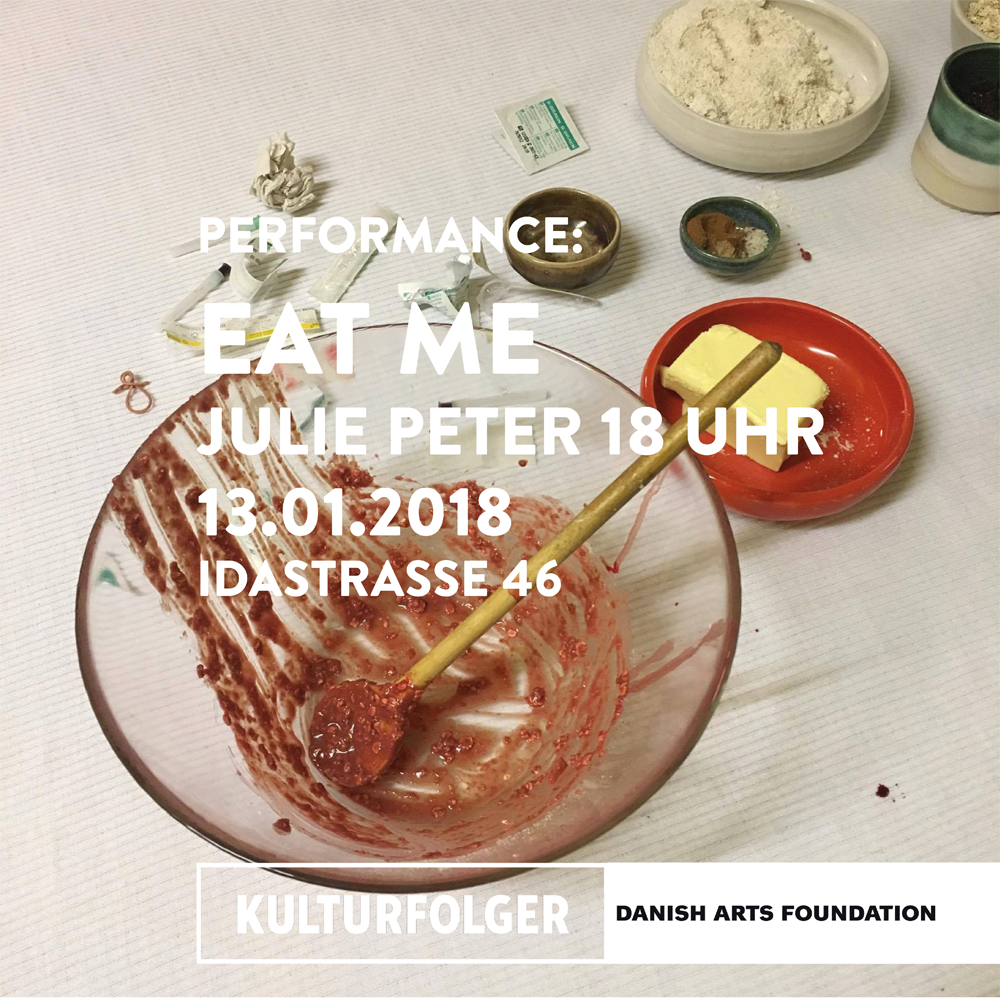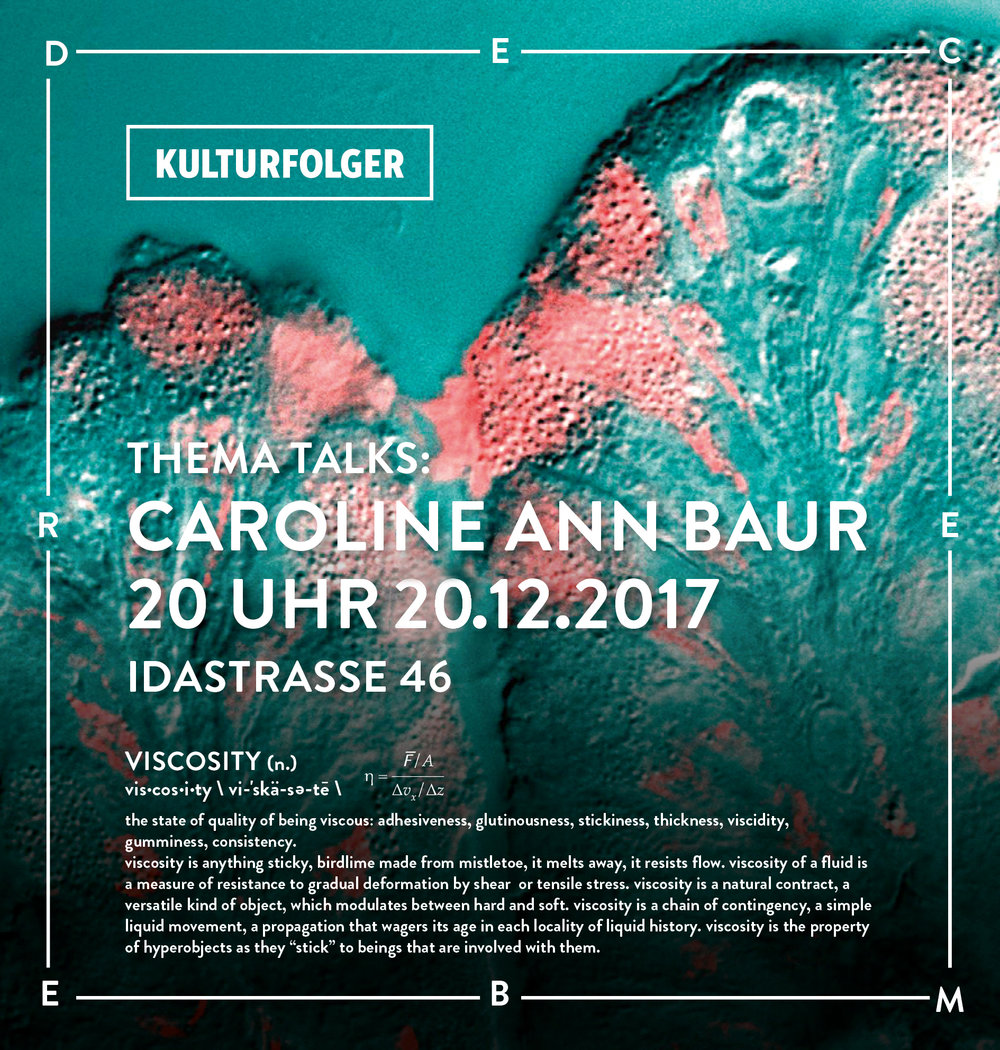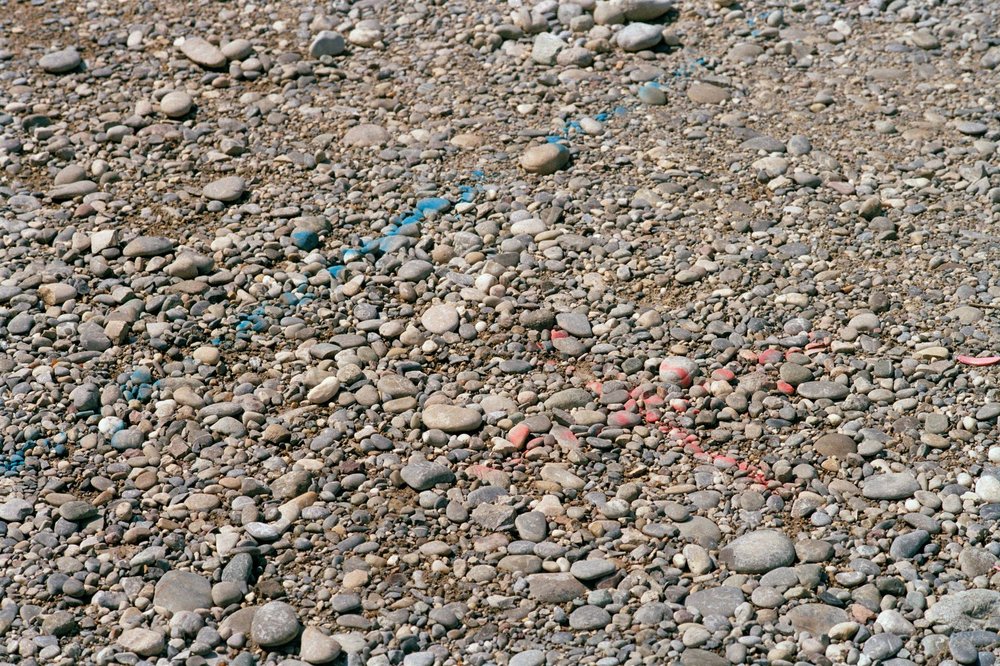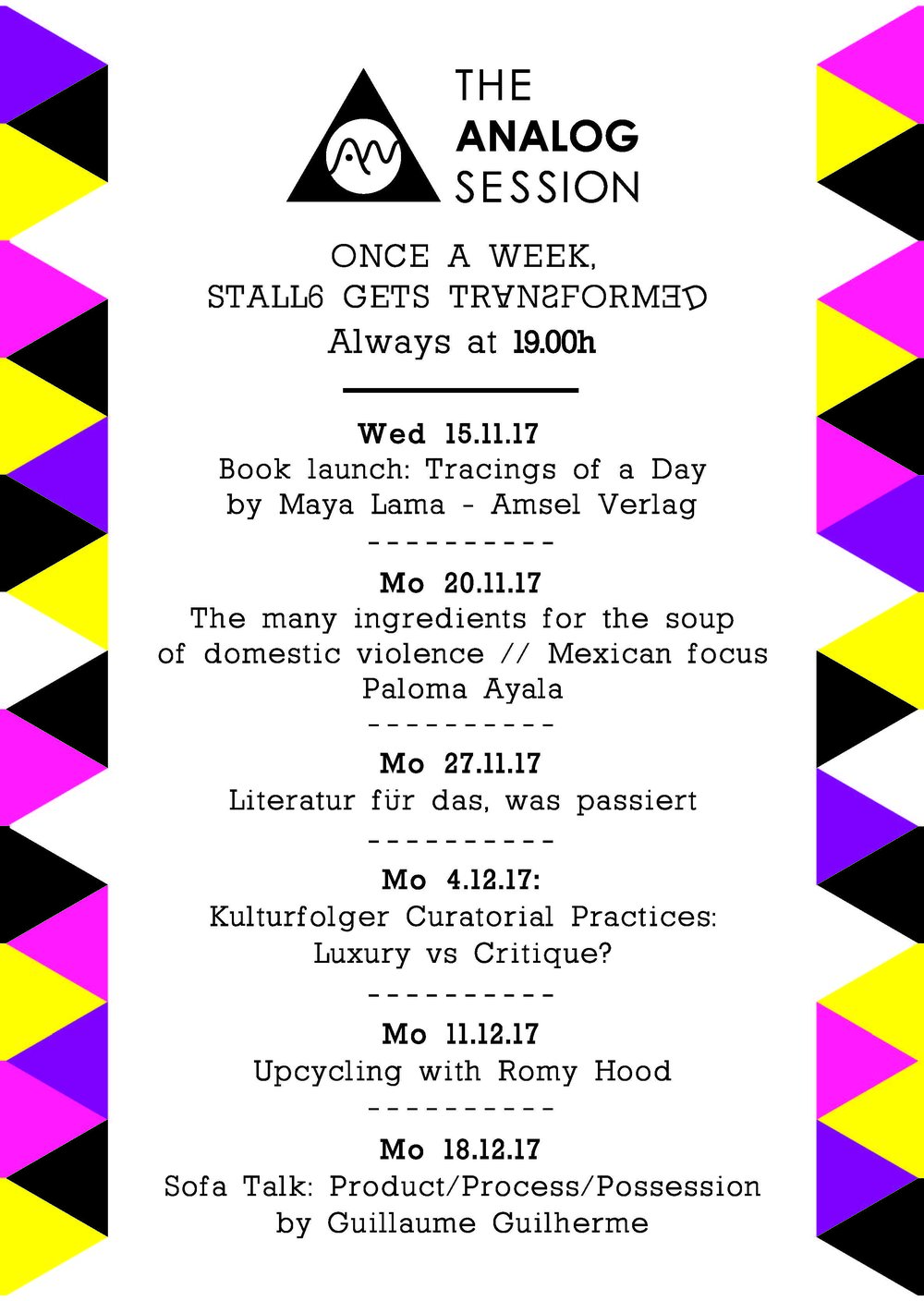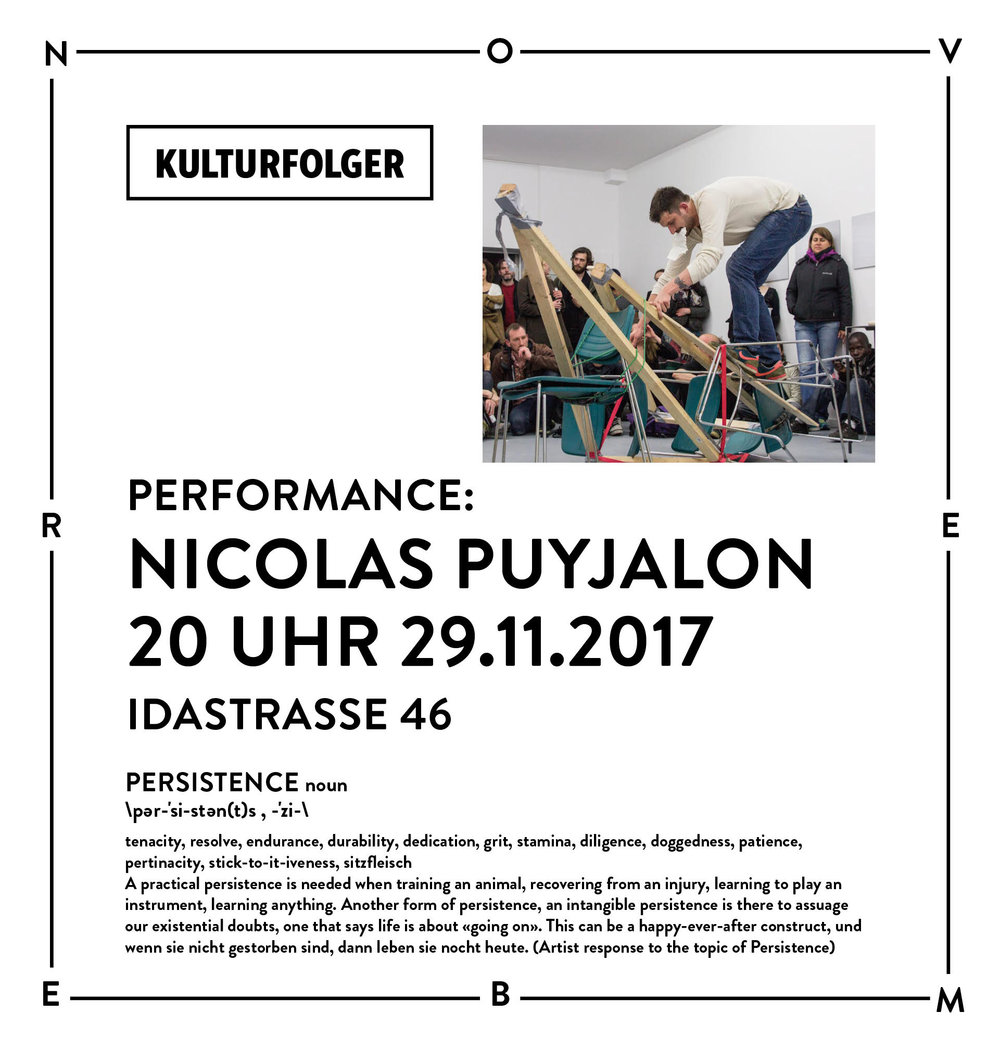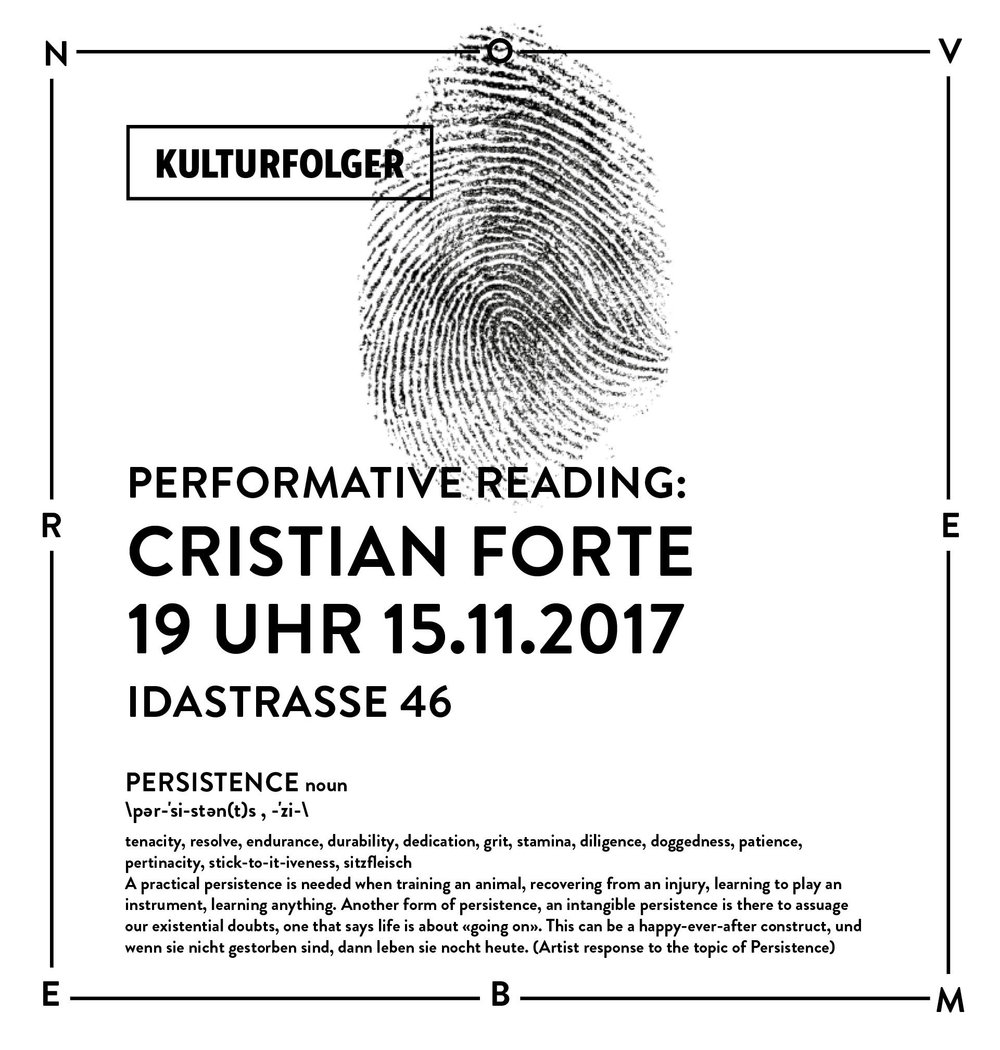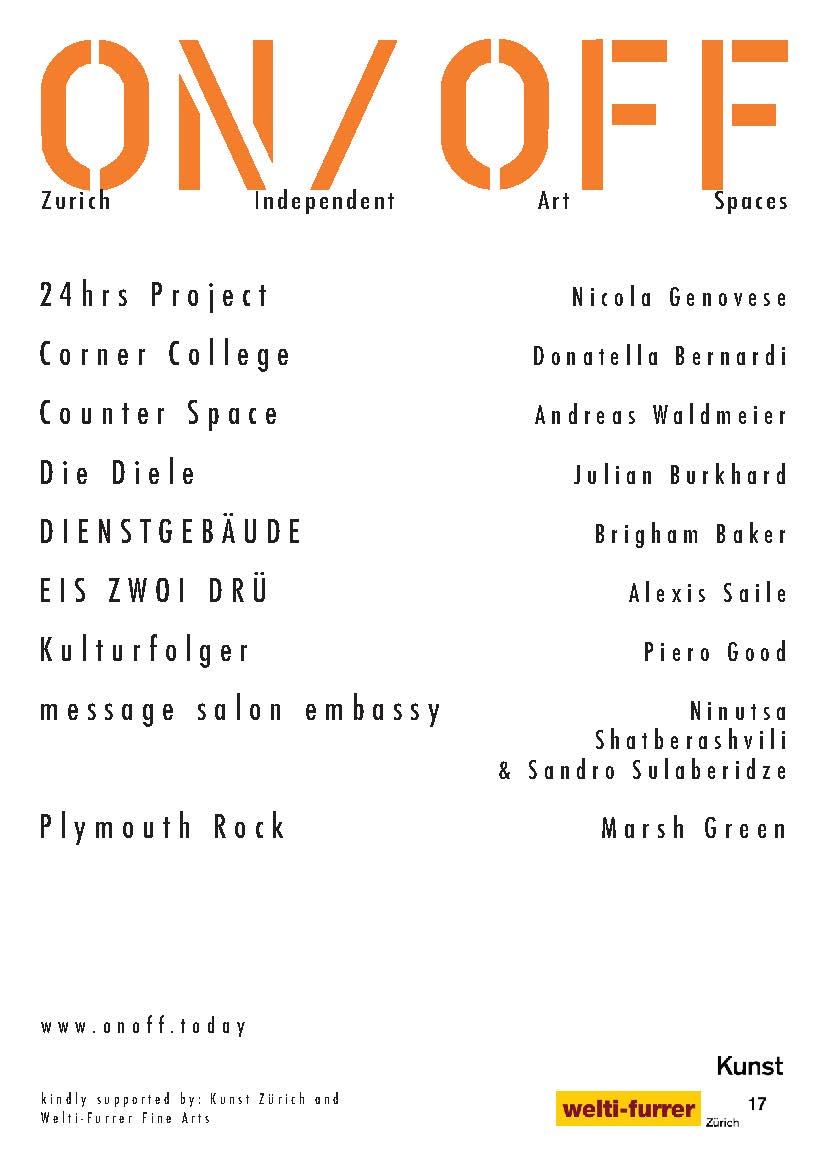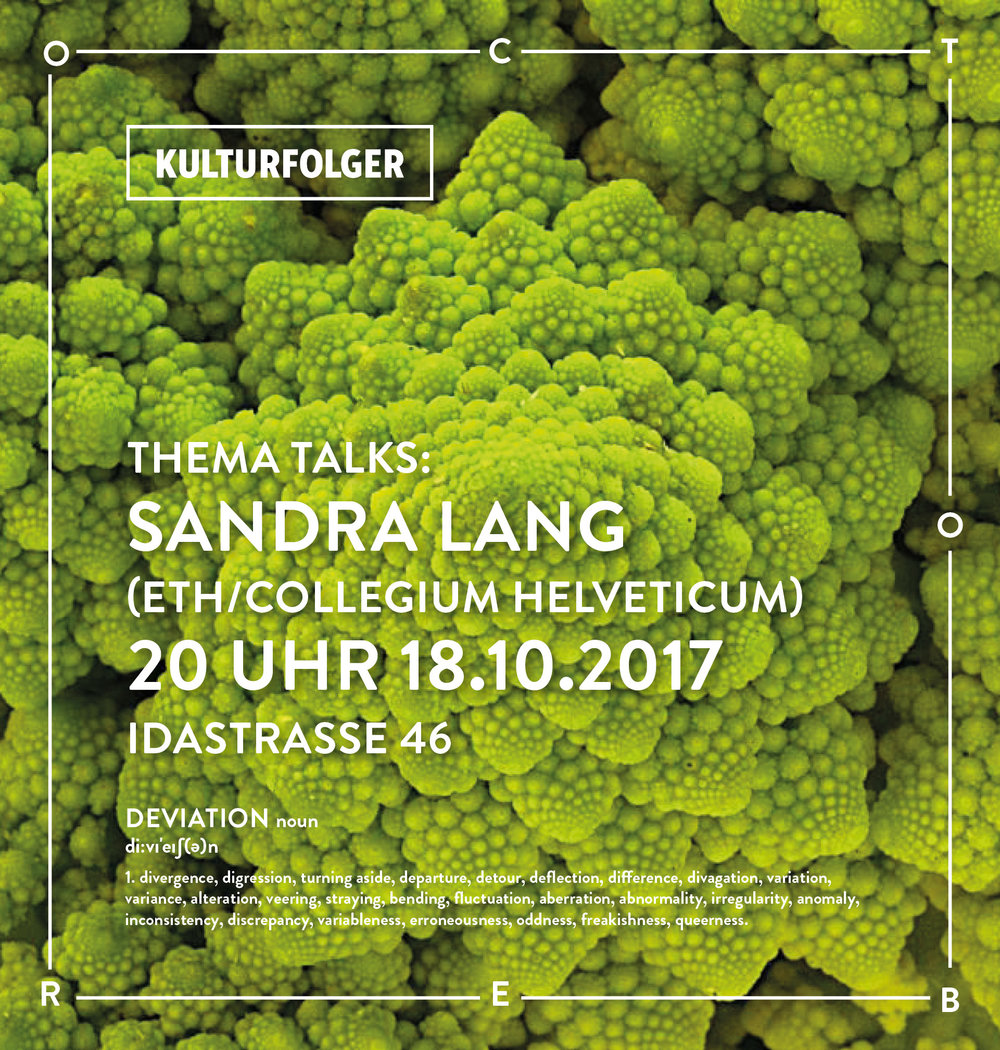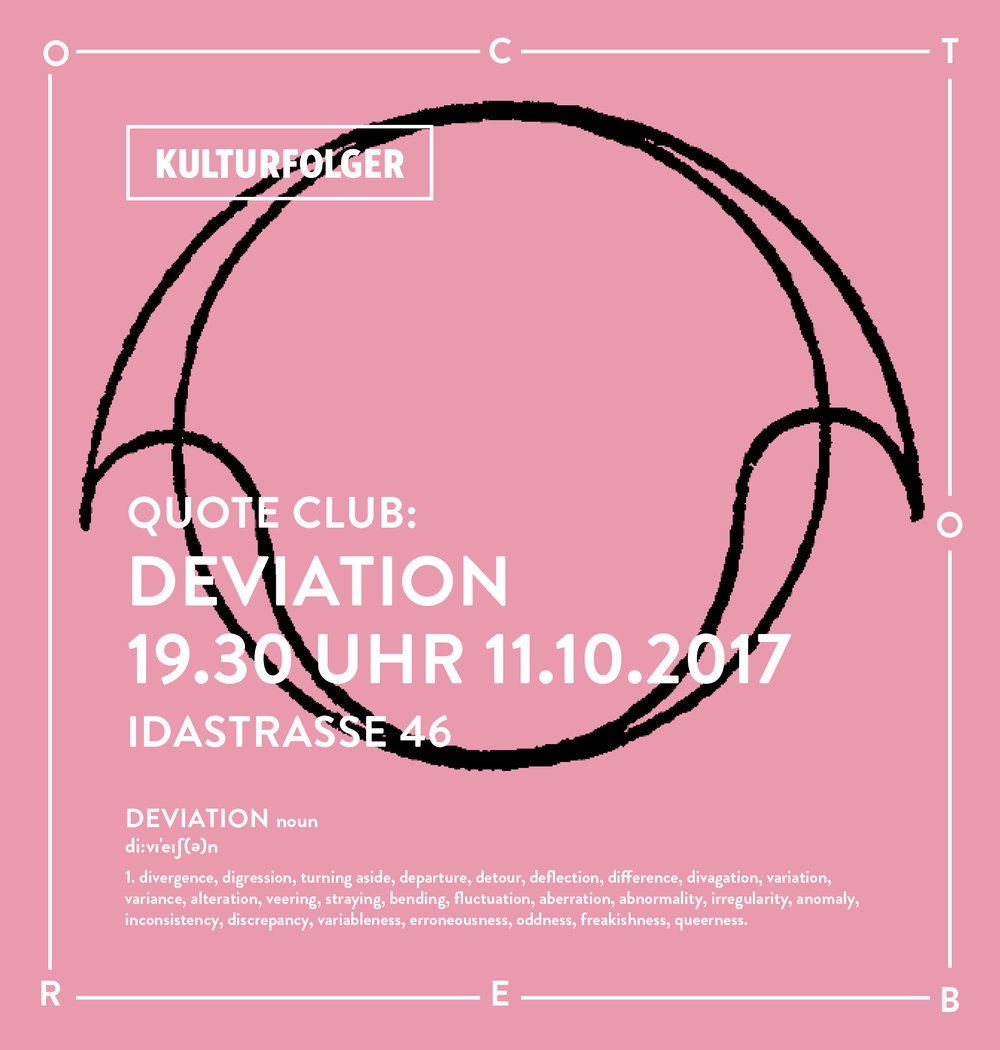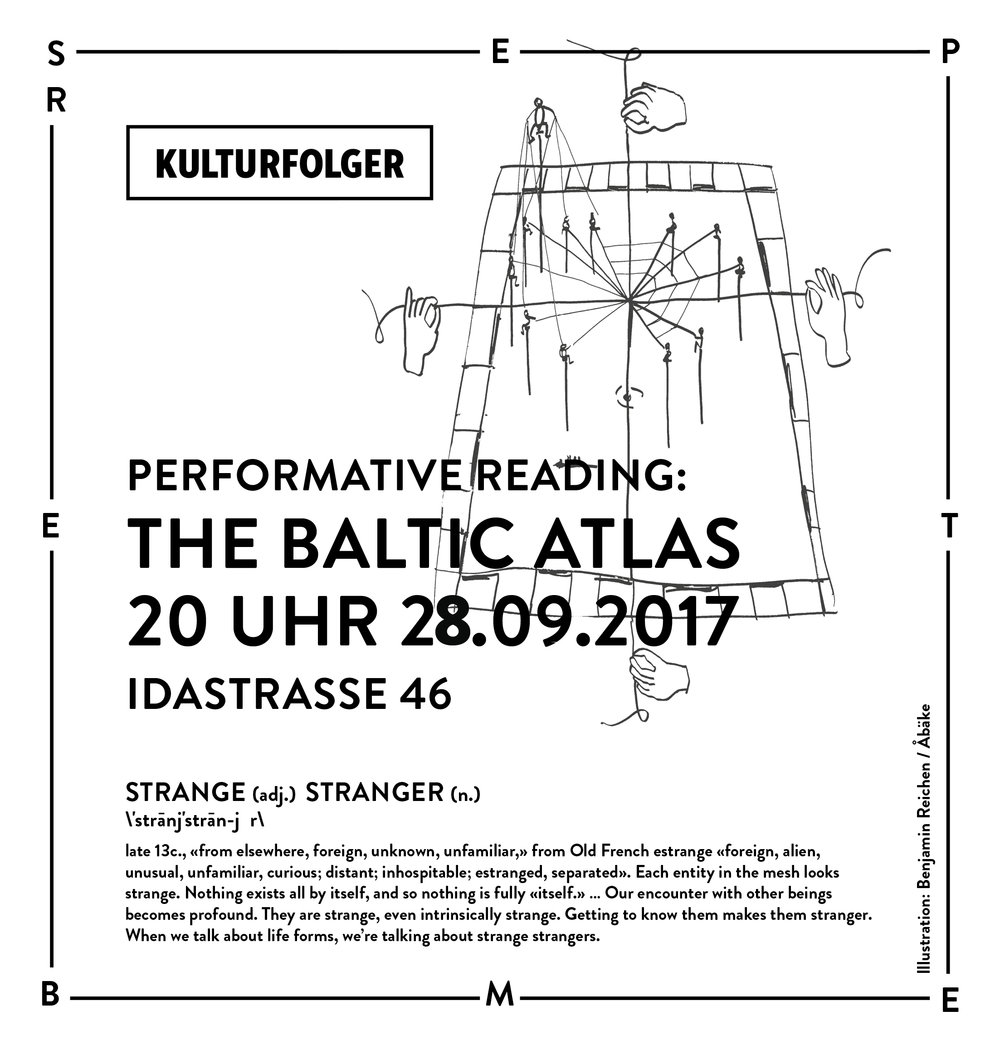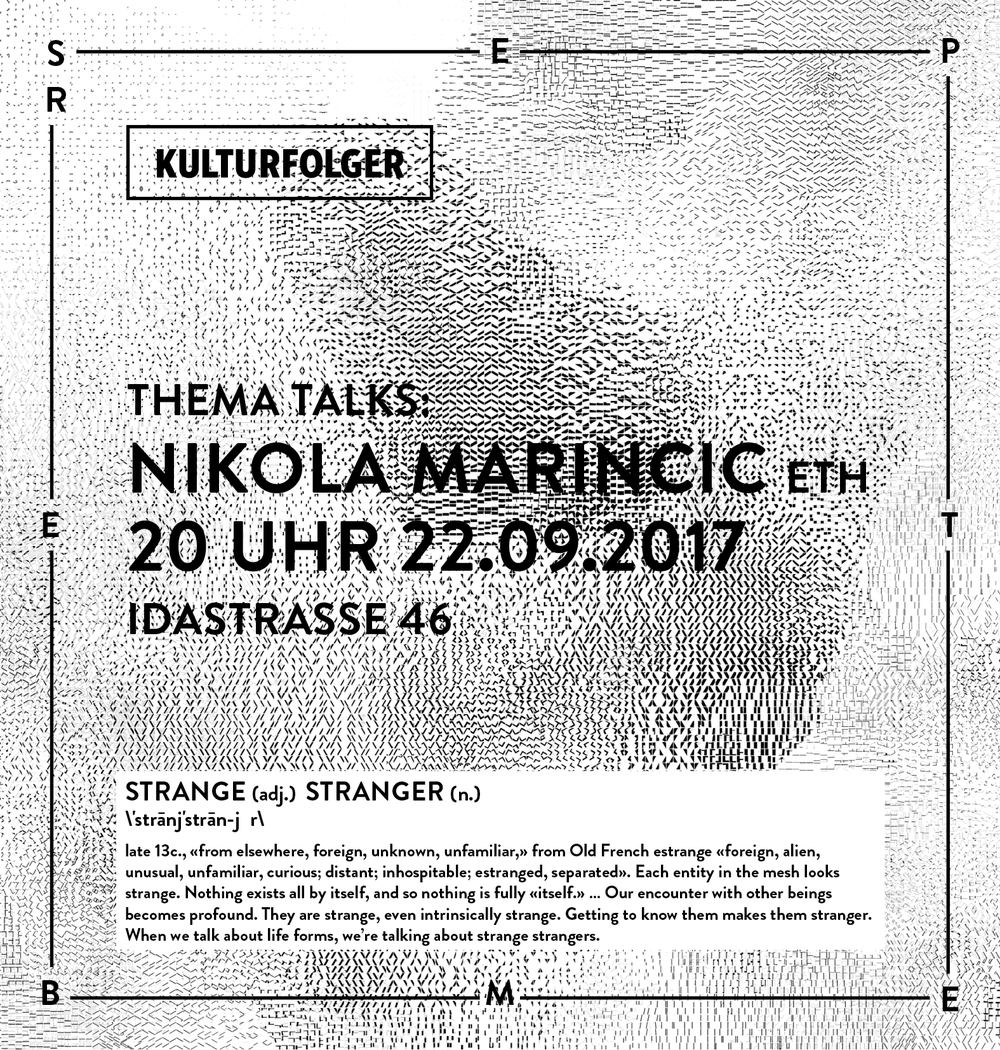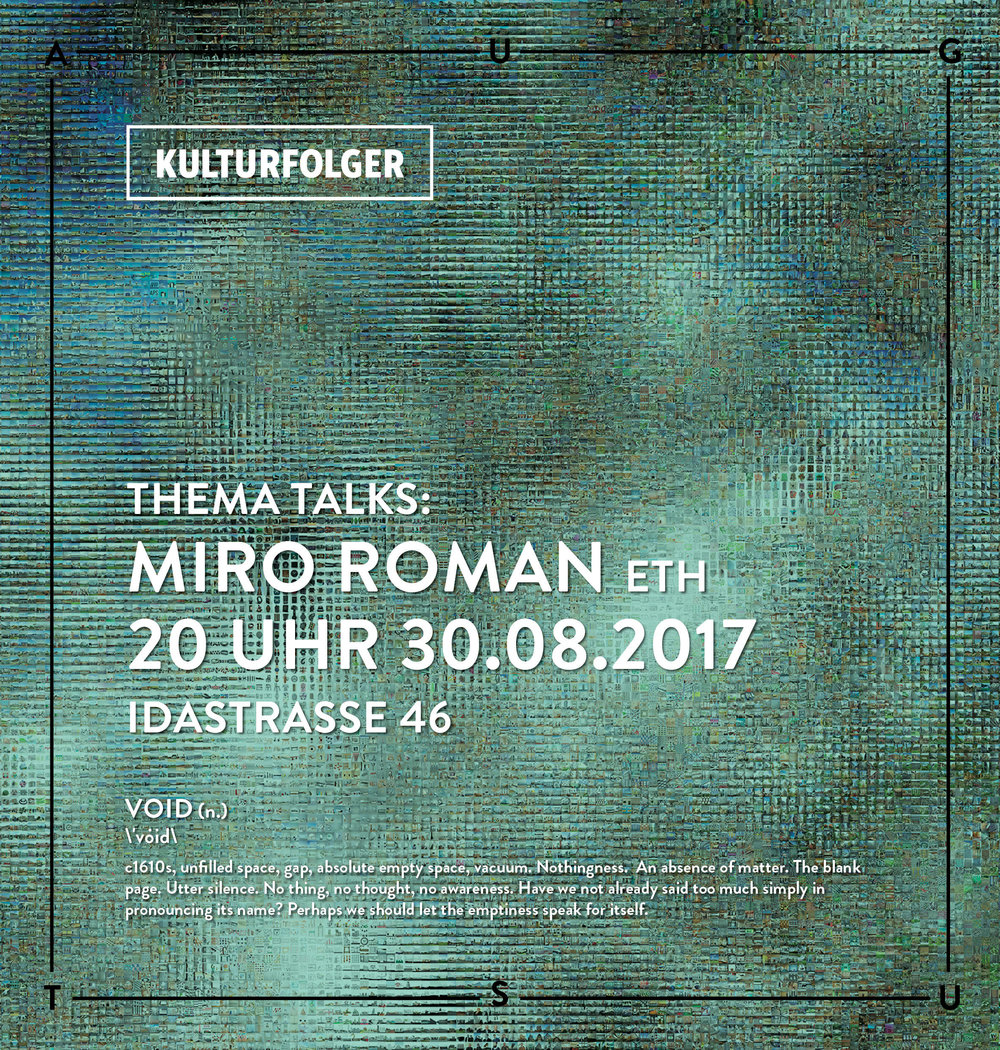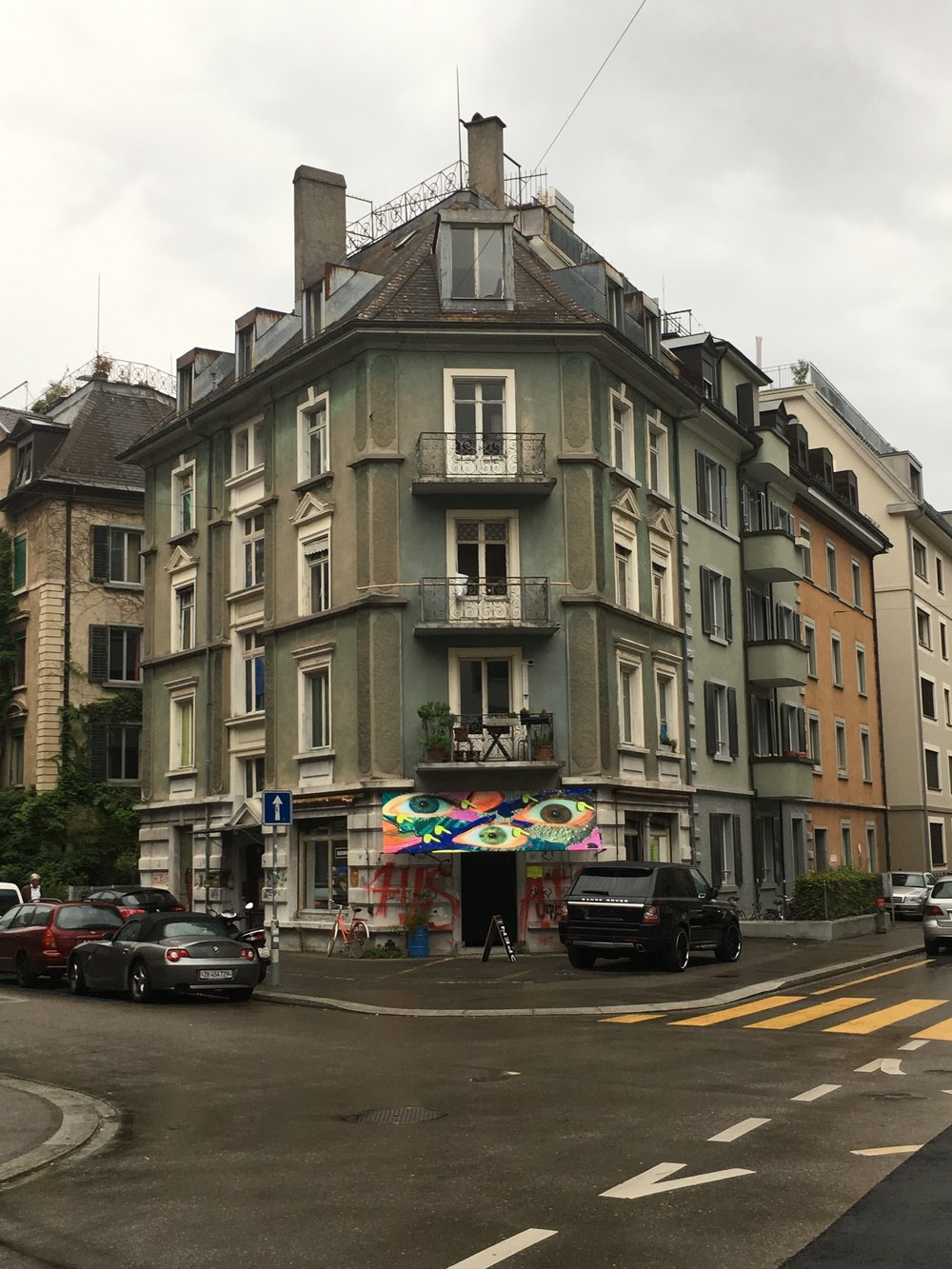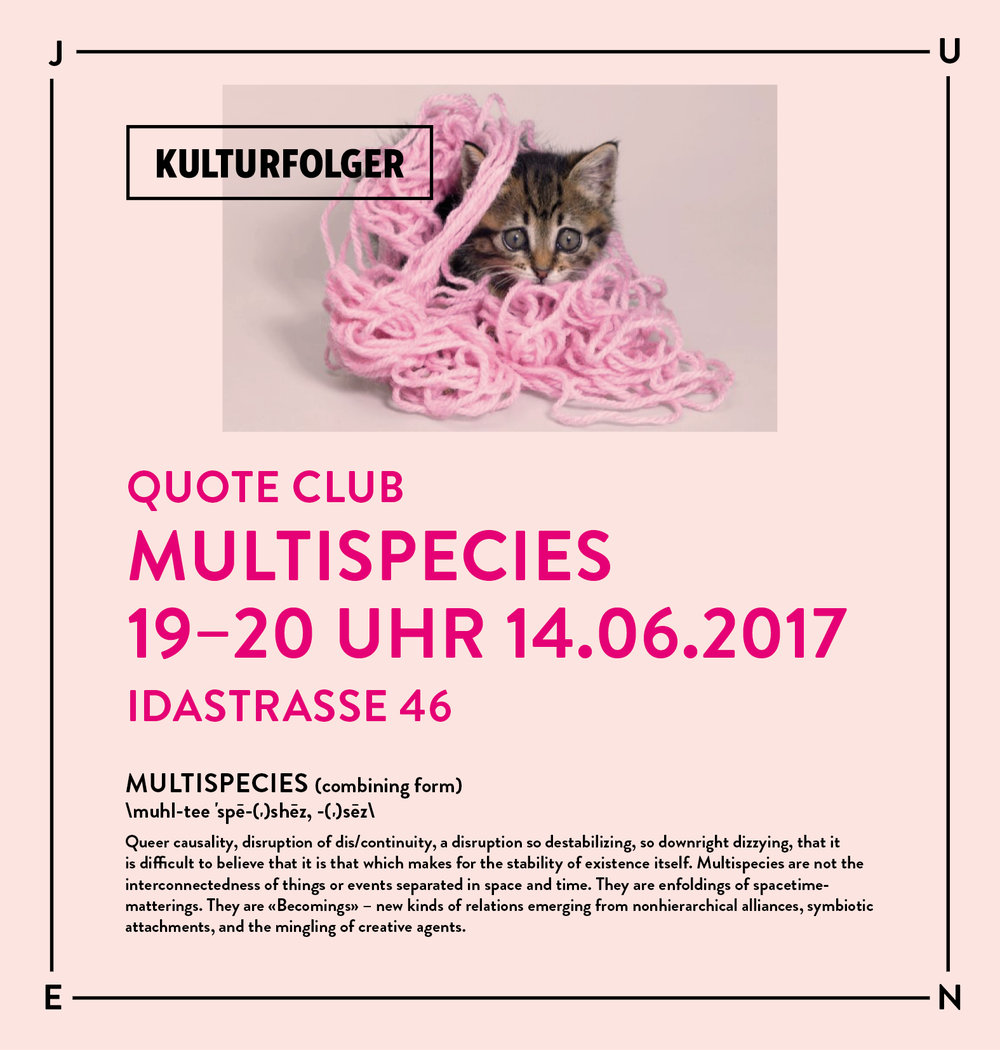Uncommon Bloom(n.)
\ˌən-ˈkä-mən ˈblüm \
Fascination, rarity, beauty, decoration charged with meaning and history, an algal bloom and a flowering plant, the difference between genders and anatomy, the gap between lovers, the ephemerality of life and of death, an object of desire enforcing theiving, distillation, and preservation, models of growth, geography and economy, the heroes and the villains, the icons and the antigonists, the aliens and the natives, a plethora of translations, multiple layers and multiple natures...
Imagine a botanist’s daydream… this dream transcends time and space and includes the fine details of a horticultural love affair. Do these plant lovers delight in the miniature monkeys or ballerinas embodied by an orchid? Or of capturing the essence of an orange blossom? Do they dream of maidens lavishly adorned with potato flowers? Or do they fulfill their unaddressed sexual fantasies through the intimate exploration of stamens and pistils? Do they imagine drifting off on a mossy bulbs of green or to the rustle of palm leaves whilst laying in tropical sands, or is it rather, their desire of the detailed delicacies- small gems of fascination, curiously perpetuated by a bloom?
A flower, a bloom - a strange creature, if not nutritious or medicinal – than a divine gift, sign, symbol, decadence, or decoration. The multitude of floral patterns seem to play the role of signatories, arriving as if to say, “we approve, we attend, we adorn, enhance--lavish ourselves"! on this exquisite setting. The symbolism of flowers in art has established a cannon, yielding a kind of Floriography. For thousands of years, different articulations of nature, and in this case flowers, have been made, whether through science, poetry, or classification. In essence a history.
In the Renaissance, the strangeness of flowers was a spectacle, a ‘show’ with the arrangement of things on a ‘table’. Henry VIII, surrounded himself with lilac blooms just for the pleasure of the intoxicating smell. Amusement of floriculture fastly spread over Great Britain, and in 19th century, a placebo for boredom, and lush gardens became a haven from the trials of life, a mediation for the ladies in their private domain, where men were not allowed.
In the 18th century, when Linnaeus began to classify and create order, he was accused of denying god. One obscene creation was the Horologicum Florae, a clock constructed of three categories of blooms, the Meteorici that open and close with the weather, the Tropici which follow the changing hours of daylight, and the Aequinoctales, which “open precisely at a certain hour of the day and generally shut up every day at a determinate hour.” It was a true love, a utopian phantasm of painstaking order.
Alexander von Humboldt (18c.) followed his bliss and hunger for flowers, when world travel was ensued only as necessity. How did his passion inspire patrons to fund his endless search forbeauty? Were they aware in would result in the science of bio geography? Did his tropical flowers and ideas of the cosmos allude to a deep seated need for totality of the world?
Pliny the Elder (77 AD.) on the thresholds of Classical rationality, dreamt with the gods of an order inclusive of art and morality. Did his mistrust the ephemerality of flowers, lead him to obsessively define life through his fear of death? Rousseu (18th century) wrote copious letters of elegant pedagogical prose, inspiring the wonder of the botanical world to a patron’s daughter. The letters did not contain a single word of Latin. Rather than memorizing classifications, she could learn about the plants and flowers while she held the plant in hand, through his delicate and realistic descriptions. Jane C. Loudon,(19th century) was similar as she emancipated the garden from classification and into the hands of the feminine.
Cesalpino and Ghini (16th century) desired to preserve this extravagant preciousness, or solidify the anima (soul) of the plant through their hortus seccus (herbarium), under the aegis of botanical science? If not for their desire for knowledge, perhaps they were interested in a new way of connecting things both to the eye and to discourse. In this case a new history.
Things are never as they seem. The complexity of the world does not suddenly increase, it never does. Nature doesn’t abruptly become dense, obscure, and blurry- it is our ever changing interpretations of nature, and our desire to classify it for a specific comprehension and the mechanisms of history, in which we must go from wide to narrow. It was, as Foucault reminds us - necessary for History to become Natural, if only for our human understanding. The (Somnambulist ) botanist writing was perhaps a response to be able to describe this inexplicable strange richness, which may have been present all along.
Natural history, a precursor to science, traces only “objective” reality, in order to placate our need to know, name, recognize and understand through a systematic lens. Yet, when symbolism crosses with history, an uncommon thing occurs: a botanist daydream, a queer celebration, alchemy of things and matter overlap, a taxonomy of useless beauty is created- We crave understanding and reality, yet we also enjoy wallowing in myth and dreamlike states.
